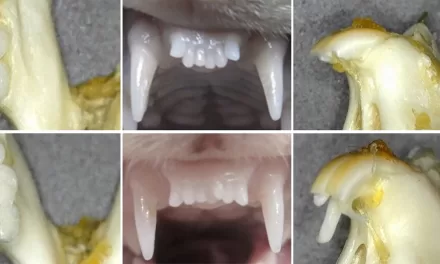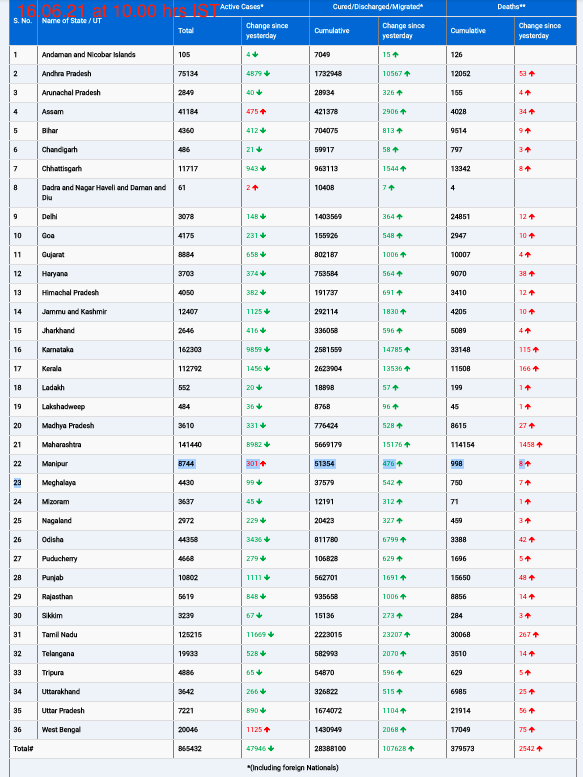Cambridge, Massachusetts, February 13, 2024 – Engineers from the Massachusetts Institute of Technology (MIT) have unveiled a groundbreaking ultrasound sticker designed to monitor the stiffness of internal organs, potentially revolutionizing early disease detection.
The newly developed wearable sensor, about the size of a postage stamp, adheres to the skin and can detect signs of organ diseases such as liver and kidney failure, as well as the progression of solid tumors. A study published in Science Advances showcases the device’s capability to continuously monitor organ stiffness over 48 hours, identifying subtle changes indicative of disease progression.
MIT mechanical engineering professor Xuanhe Zhao explained, “When some organs undergo disease, they can stiffen over time. With this wearable sticker, we can continuously monitor changes in rigidity over long periods, crucial for early diagnosis of internal organ failure.” Preliminary tests on rats demonstrated the sensor’s effectiveness in identifying early signs of acute liver failure.
Currently, the focus is on adapting the technology for human use, particularly in intensive care units (ICUs) for patients recovering from organ transplants, where continuous monitoring is vital for early intervention. The team is enhancing the sensor’s capability to detect shear waves, providing insights into organ rigidity.
The technology, miniaturized to fit on a 25mm-square chip, incorporates 128 miniature transducers made with a hydrogel adhesive, allowing sound waves to pass through with minimal loss. The sticker’s sensitivity matches that of commercial handheld probes, critical for detecting organ stiffness in post-transplant patients.
Looking ahead, the researchers aim to develop a portable version of the sticker for at-home patient use, enabling longer-term monitoring of conditions such as solid tumor progression. This pioneering research received support from the National Institutes of Health.
This breakthrough follows MIT’s previous advancements in healthcare technology, including the development of a wearable ultrasound device for earlier detection of breast cancer, underscoring MIT’s commitment to innovation in healthcare and disease prevention.












